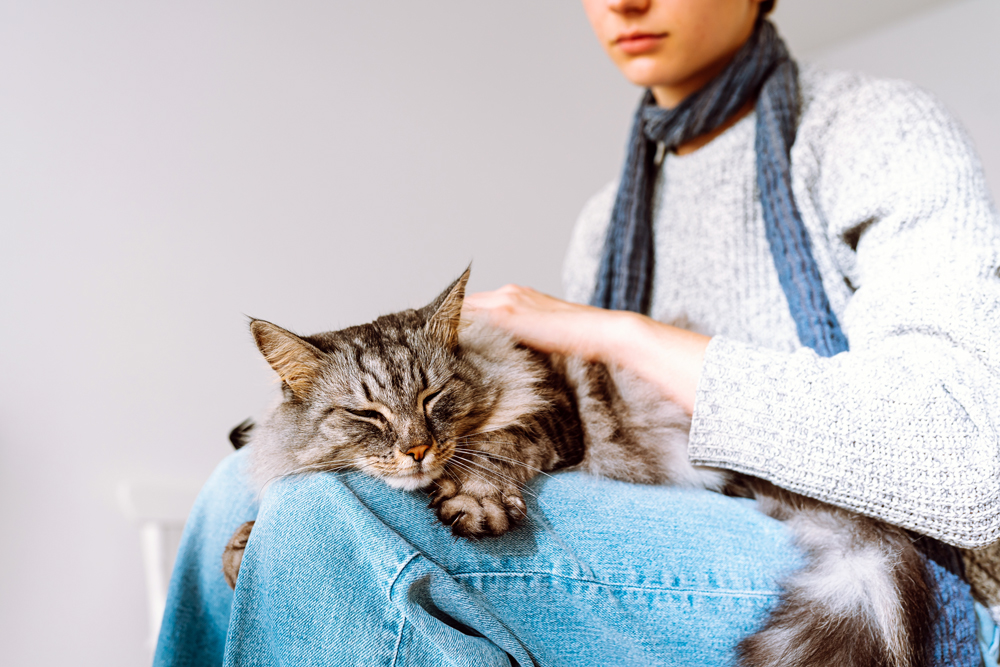Source: dvm360
Chronic kidney disease (CKD) affects up to 50% of cats in their lifetime, with anemia being a common comorbidity, impacting their quality of life and survival. Anemia in CKD cats has traditionally been attributed to a lack of erythropoietin (EPO) production by the kidneys, but it’s a multifactorial condition. Iron deficiency due to changes in iron regulation and transportation is a significant factor. Cats with CKD and anemia often have increased fragility of red blood cells and nutritional deficiencies, among other issues. Anemia affects cats’ quality of life and survival, and late intervention can be detrimental.
Historically, erythropoietin stimulating agents (ESAs) like darbepoetin have been used, but not all cats respond, and some experience adverse effects. Newer treatments like hypoxia-inducible factor-prolyl hydrolase (HIF-PH) inhibitors, such as Molidustat, offer potential benefits. These drugs stimulate endogenous EPO production and iron mobilization by blocking hepcidin. However, they may have side effects like vomiting and hypertension. Iron supplementation is recommended for anemia treatment, as anemia can result in iron deficiency.
Read the full story HERE: https://www.dvm360.com/view/managing-anemia-in-cats-with-chronic-kidney-disease

